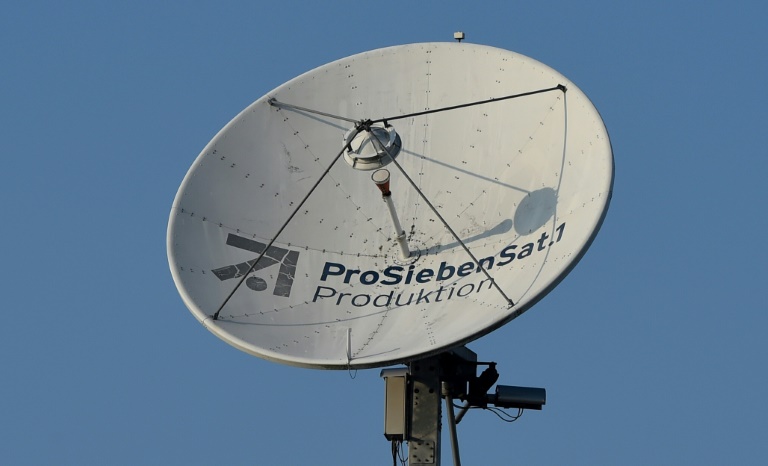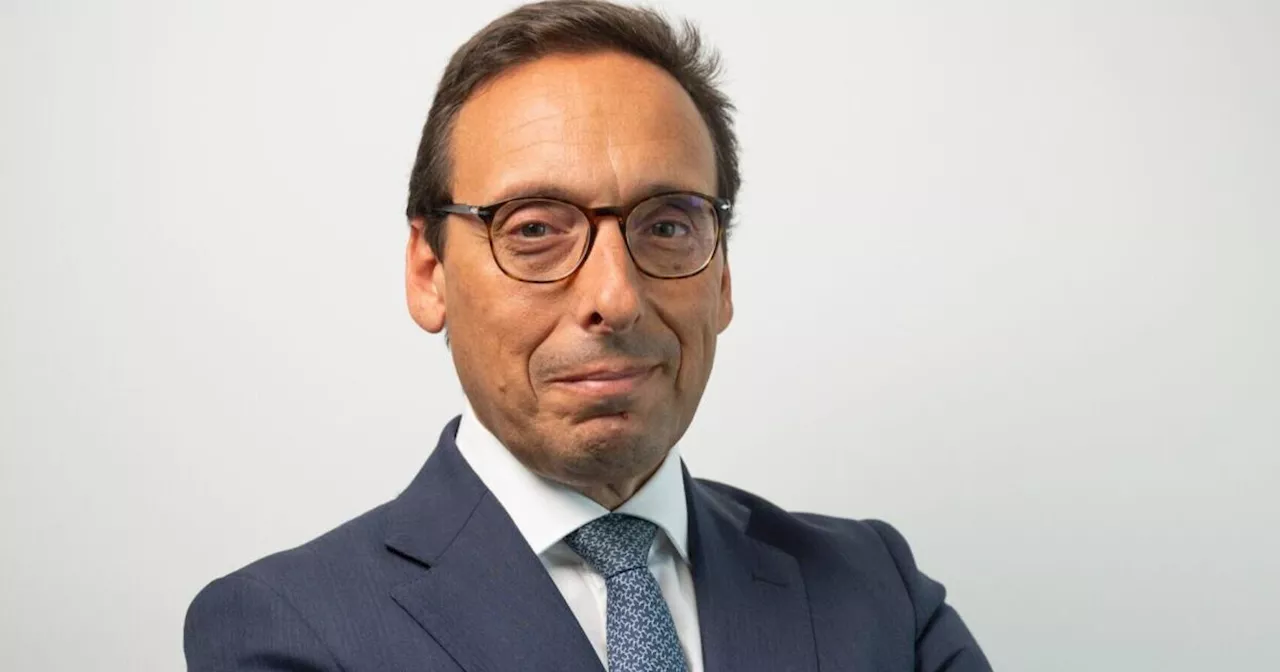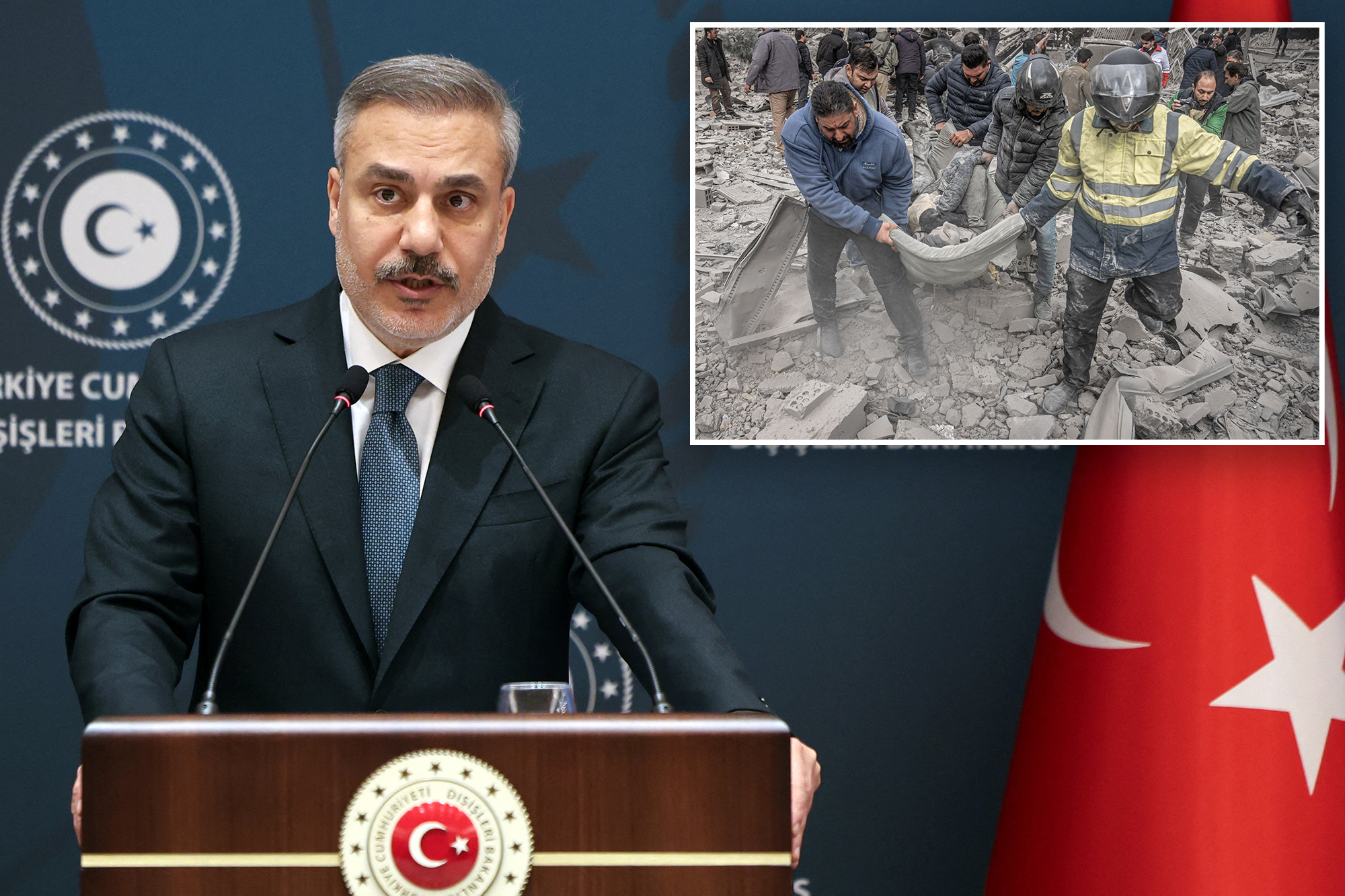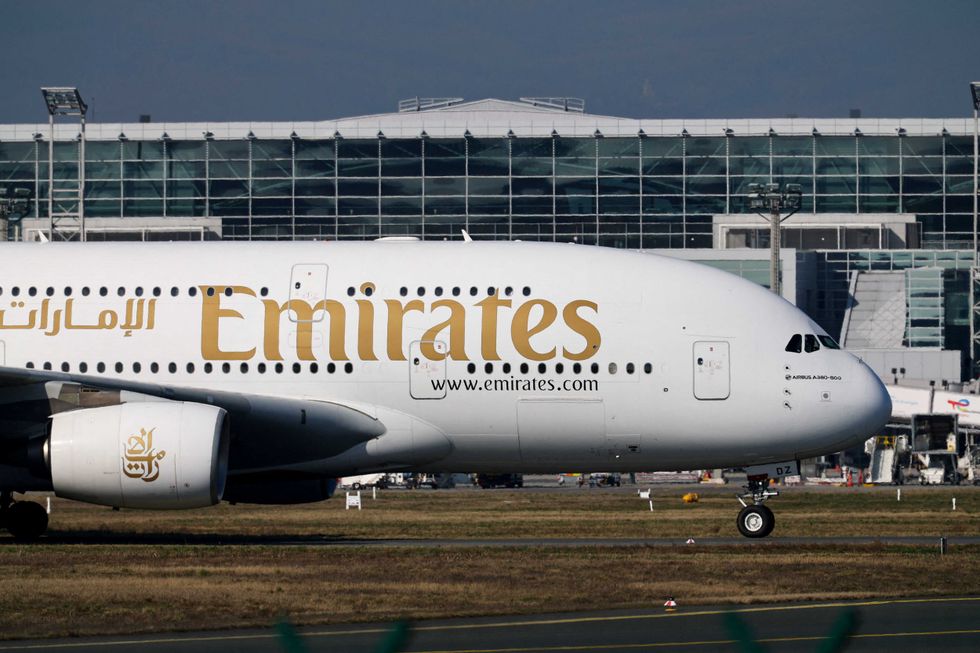
An Italian media group, predominantly owned by the family of the late Silvio Berlusconi, is advancing towards acquiring a significant stake in the German broadcasting company ProSiebenSat.1. On Wednesday, ProSiebenSat.1 recommended that its shareholders accept a new offer from MediaForEurope (MFE), valuing the company at nearly 1.9 billion euros (approximately $2.2 billion). This move has prompted concerns from Berlin regarding the potential impact on journalistic independence.
ProSiebenSat.1, one of Germany’s largest private broadcasting groups, announced that the bid from MFE, led by Pier Silvio Berlusconi, represents a long-term investment commitment to the company. MFE aims to establish a pan-European media group capable of competing with global streaming services such as Netflix. The German government has expressed caution about the takeover, with Wolfram Weimer, Germany’s Culture Minister, emphasizing the need to safeguard editorial independence.
In a statement on social media platform X, Weimer stated, “Should MFE actually gain majority control of ProSiebenSat.1, we expect the editorial independence of the newsrooms to be preserved.” He also mentioned plans to meet with Pier Silvio Berlusconi in Berlin in September to discuss the takeover further.
Details of the Bid
The proposed offer includes a share component of 1.3 MFE shares for each share of ProSieben, along with a cash element of 4.48 euros per share. This values ProSieben’s shares at approximately eight euros, surpassing the all-cash offer of seven euros per share from Czech group PPF, which aimed to double its stake in the company. PPF has since decided not to increase its offer.
In its announcement, ProSiebenSat.1 indicated that the deal could lead to annual savings of 150 million euros. The Italian media group, previously known as Mediaset, has attempted to acquire ProSieben in the past, with its initial effort dating back to 2003, which faced opposition from Berlin.
Commitment to Values
Pier Silvio Berlusconi has articulated MFE’s vision for the future, stating that the company seeks to “build what is still lacking: a strong, locally rooted European group of sufficient size to compete globally.” He assured stakeholders that MFE has consistently upheld its founding values, which include business ethics, pluralism, freedom of information, and employment protection.
As the negotiations progress, the outcome could significantly reshape the European media landscape, particularly as traditional broadcasters face increasing competition from digital platforms. The final decision will not only impact the companies involved but also the future of media reporting in Germany and beyond.






